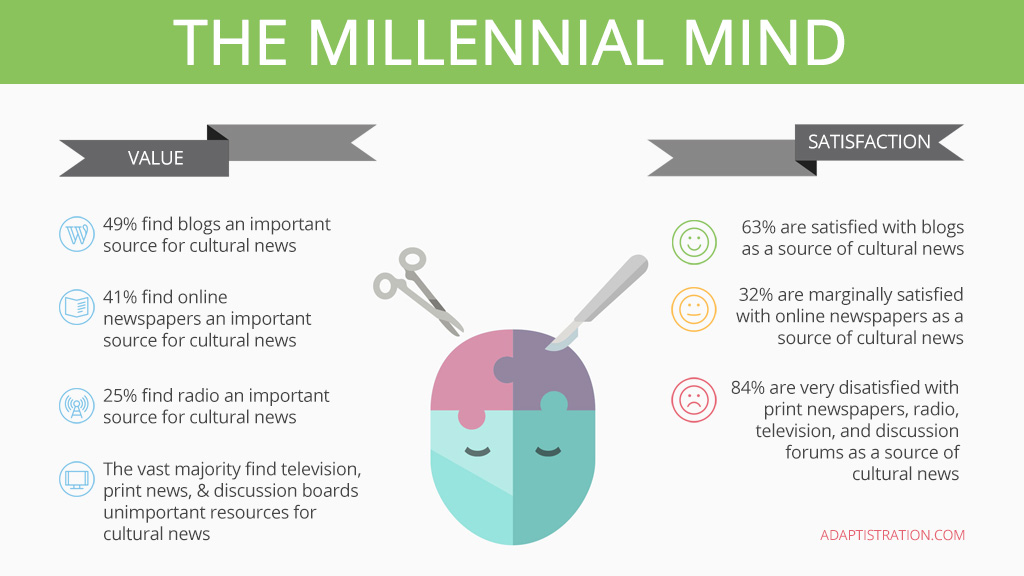A number of readers sent in their thoughts about the San Francisco Symphony’s “Keeping Score” program and everyone had very positive impressions. However, I did see an odd theme reoccurring through some of the responses.
It appears that in a number of PBS markets throughout the country, “Keeping Score” was either not broadcast or aired during late prime time hours. Here in the Baltimore area, it was aired at June 16th at 9:30PM and then followed by the full performance of Tchaikovsky’s 4th Symphony at 10:30PM.
Some of the readers said that they weren’t so lucky. From the Twin Cities, an orchestra staff member wrote in to say,
“My excuse for not having seen the broadcast illustrates an important obstacle to this type of programming becoming widespread – media and cultural interest in classical music. Here, where we have more professional orchestra concerts and subscribers per capita than in any other major U.S. city, “Keeping Score” was not broadcast. Even with the Great Performances imprimatur, MTT, interactive component, and (here, the local) MPR connection the program had trouble clearing a number of public television markets, and played in non-prime time in many. And this is PBS. . .not the WB. Fortunately, I’ve got the DVD on order and will be able to check it out.”
Kristie from Alaska wrote in to say,
“I would be interested to know how many PBS affiliates are actually running the full “Keeping Score” series. Our PBS affiliate actually broadcast the 1-hour Great Performances program from 9-10pm and then again from 10-11pm, so I’m not sure if it was a lack programming space or disinterest on their part.
There were no interviews or any educational material other than a brief flash of the movement titles. I didn’t hear any mention of the “Keeping Score” series, and as far as I could tell, no mention was made of the website. Although my husband and I were absolutely thrilled with the performance alone (something we just don’t get up here), it really was a wasted opportunity to inform and engage new listeners.
Since affiliates pay for their programming, I’m wondering if the Keeping Score series is too expensive, pricing itself out of smaller markets (not unlike the DVD sales).”
I certainly don’t proclaim to understand the reasoning behind why some PBS affiliates select one program over another, but it’s a shame that a sizable portion of the population wasn’t able to view the program.
But I think it’s important to remember that regardless of how good a product you produce, it won’t do any good if people don’t have access to it.


